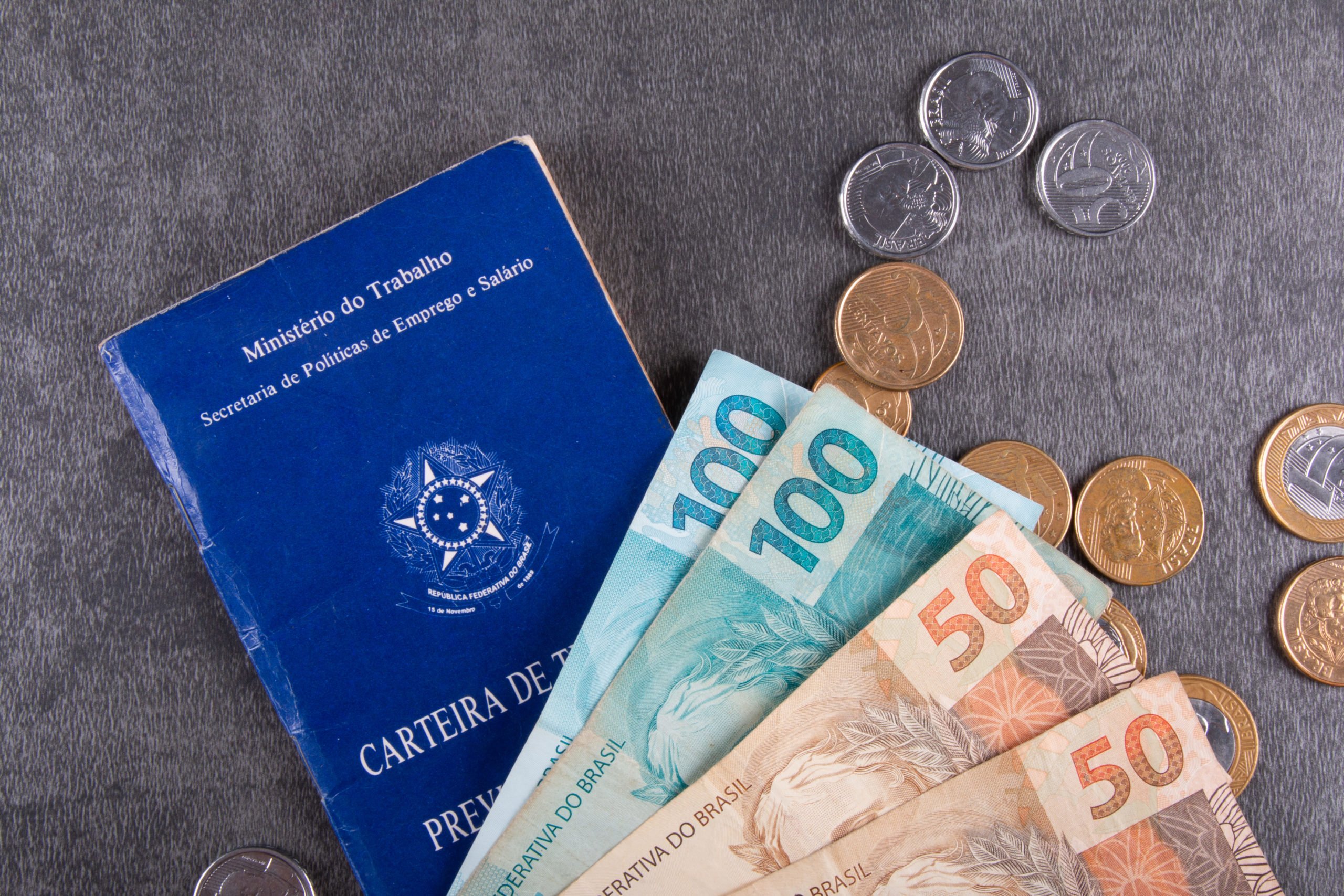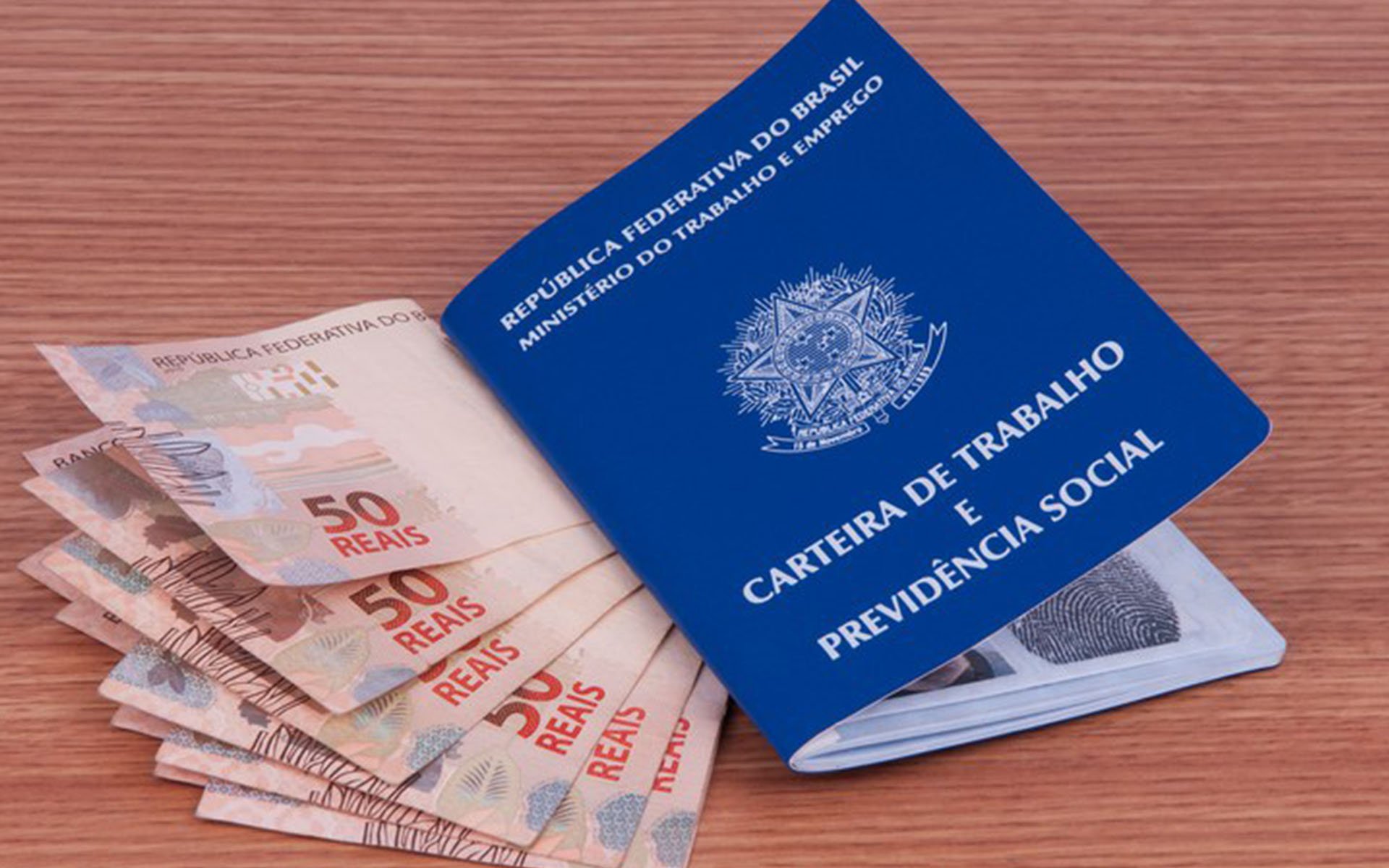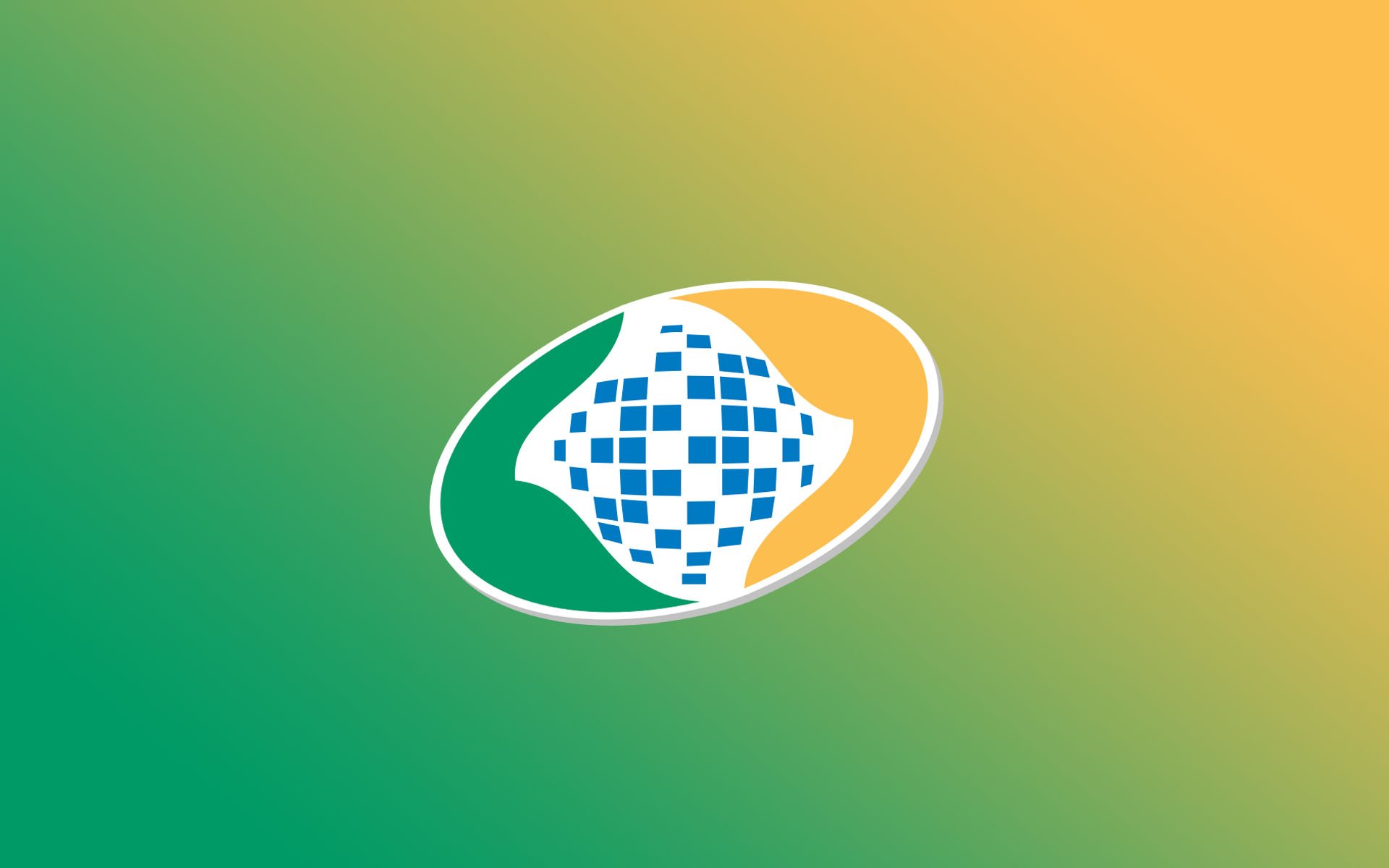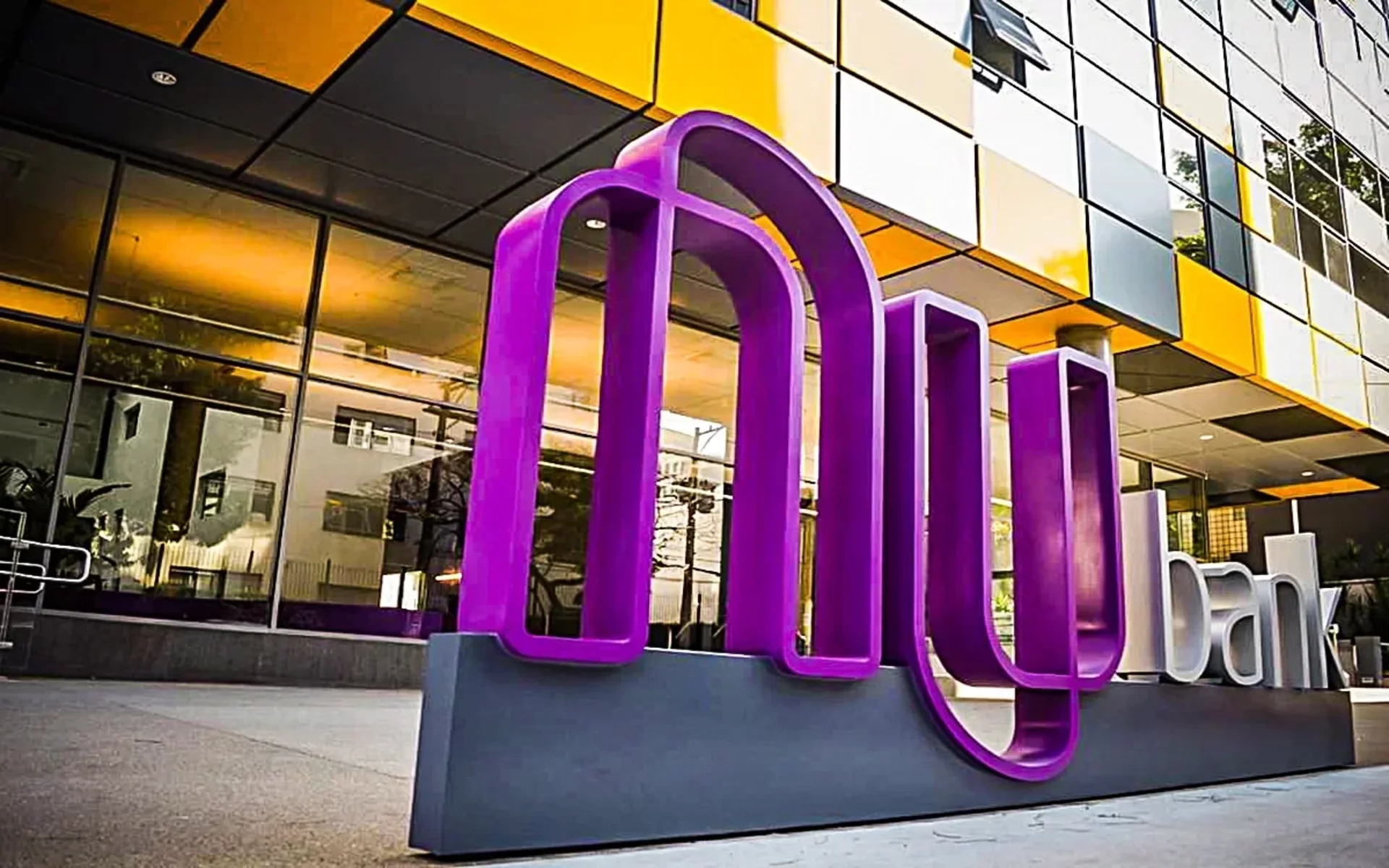Uncategorized
IPCA records historic drop with deflation in the country
Advertisement
The Broad National Consumer Price Index (IPCA), considered the country's official inflation, fell 0.68 in July, after rising 0.67 in June, according to the Brazilian Institute of Geography and Statistics (IBGE). As a result, the country experienced deflation – negative inflation – the first in 25 consecutive months of rising prices.
According to IBGE, this was the lowest price since the beginning of the historical series in January 1980. Since the Real plan, Brazil has suffered IPCA deflation only 15 times. The last monthly drop in the IPCA up to that point was in May 2020 (-0.38).
However, for the year, accumulated inflation is 4.77. In the last 12 months, the rate slowed to 10.07% from 11.89% in the immediately previous 12 months.
Despite the July truce, there were 11 consecutive months in which annual inflation was above double digits and more than double the upper limit of the official target for 2022.
The result came as expected. The median of projections from 36 institutions collected by Valor Data was the July IPCA with a drop of 0.65.
What explains the IPCA deflation?
The deflation in July can be mainly explained by the fall in fuel and energy prices. The negative fluctuations in these items reflect the drop in prices at Petrobras refineries and also the reduction in the ICMS (Tax on Circulation of Goods and Services), which is applied in accordance with Complementary Law 194/22, which came into force at the end of June.
The IBGE highlighted that, in addition to the ICMS tariff cut for electrical energy services, another factor that influenced the fall in housing groups was the approval by the National Electric Energy Agency (ANEEL) of extraordinary tariff changes for ten suppliers. across the country, resulting in a tariff cut on July 13.
Reducing taxes in an election year was a strategy of the government and Congress. However, although inflation will be contained in 2022, these measures will put pressure on prices for 2023, several economists warn.
The analysts' view is that the IPCA deflation is temporary and that price increases remain widespread. For example, Itaú predicts prices of -0.36 in August, 0.55 in September and 0.60 in October.
More expensive groceries
We are in the low season, which is from March to September, October, that is, the period when the pastures are drier and this reduces the supply of milk on the market and the fact that the production costs of sows are very high, explained research director Pedro Kislanov.
Milk growth was the main contributor to the Home Grocery score, which accelerated to 1.47 in July from 0.63 in June. On the other hand, eating out (0.82) slowed compared to June (1.26) due to less pronounced increases in snacks (1.32) and meals (0.53).
Another highlight was fruit, with an increase of 4.40. On the other hand, the biggest price drops came from tomatoes (-23.68), potatoes (-16.62) and carrots (-15.34).
In addition to groceries, airline tickets (8.02), water and sewage (0.96), domestic employees (1.25) and cigarettes (4.37) recorded relevant increases in July.
Inflation above target in 2022 and possible risks for 2023
In 2021, inflation ended the year at 10.06, well above the target ceiling (5.25), marking the biggest increase since 2015.
The inflation target set by the National Monetary Council (CMN) for 2022 is 3.5 and is only formally met when it oscillates between 2 and 5. However, the central bank has already officially recognized that the inflation target will be exceeded in 2022 by second consecutive year.
The financial market's current projection is for an IPCA of 7.11 in 2022. For 2023, however, the expectation for the IPCA fell from 5.33 to 5.36.
See too:
About the author / Tiago Menger
Trending Topics

Nubank announces calendar with dates to increase card limits; check out
Nubank decided to create a credit analysis calendar so that all customers can follow it and know when the long-awaited limit increase might arrive.
Keep Reading
PIS/PASEP: Workers with an error in their salary bonus will only receive it in April
The Ministry of Labor requested that new processing be carried out in the Dataprev system regarding the PIS/PASEP 2021 bonus.
Keep ReadingYou may also like

Will 13th of Auxílio Brasil still be paid to women? Understand
Recently, Jair Bolsonaro promised to pay a 13th salary of Auxílio Brasil. In short, the benefit would be exclusive to women who benefit from the program.
Keep Reading
Salary Bonus: 81 million are still forgotten; Find out who can make the withdrawal
The PIS 2022 Salary Allowance is available to approximately 107 thousand workers who have still withdrawn the benefit in the amount of up to R$ 1,212.
Keep Reading
